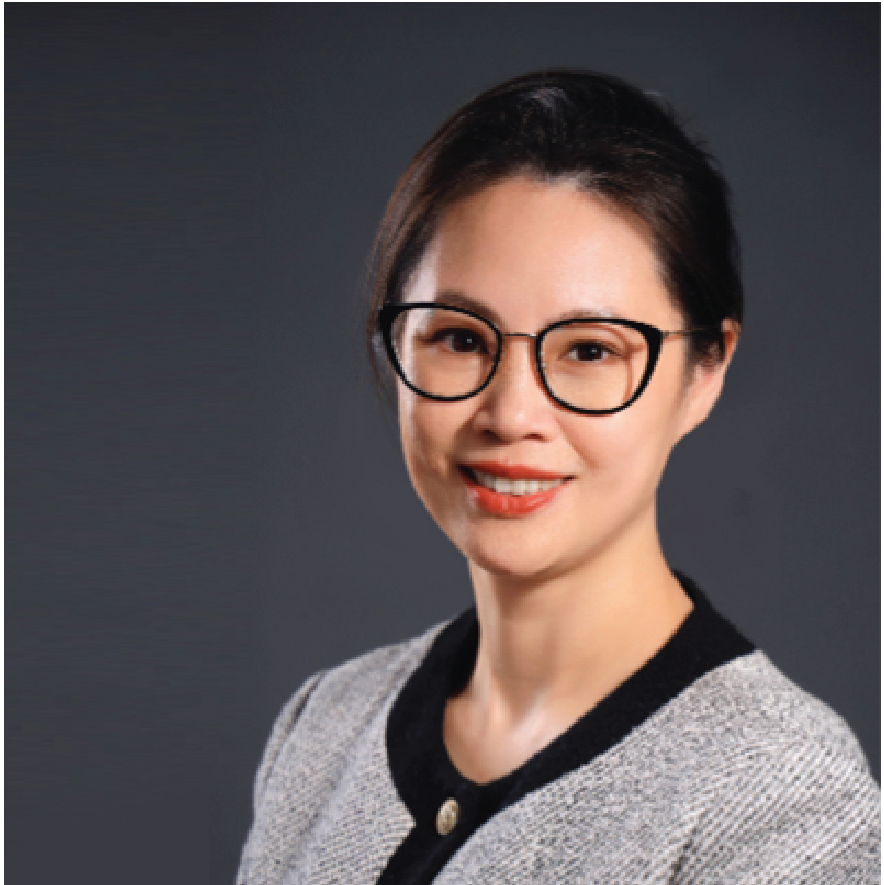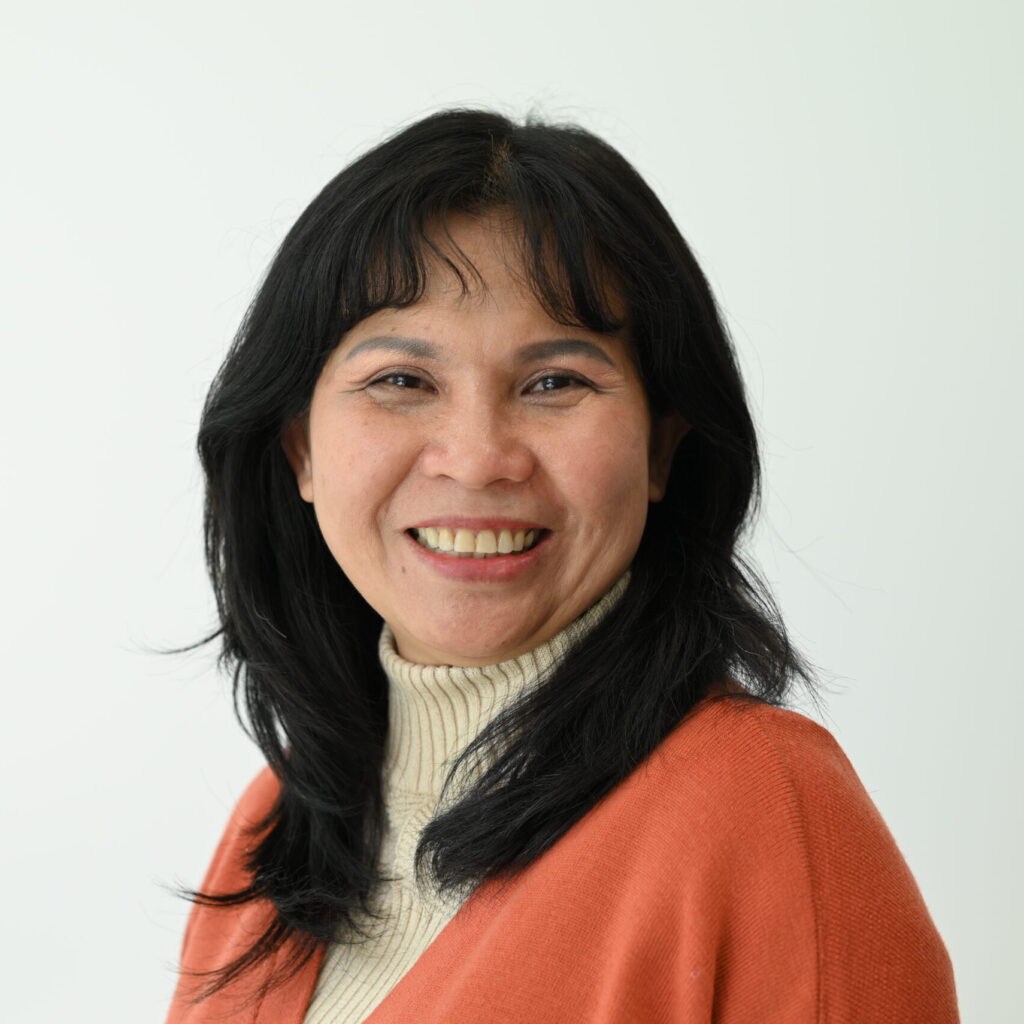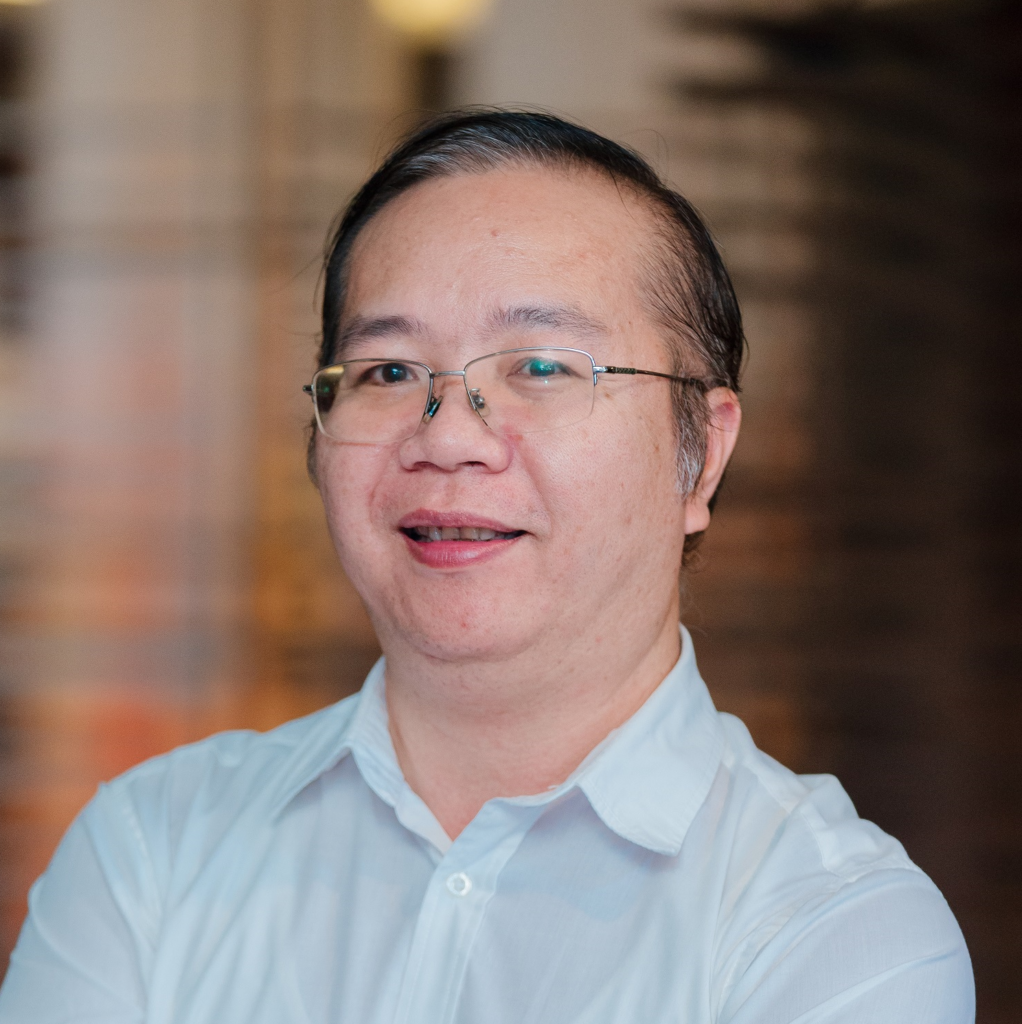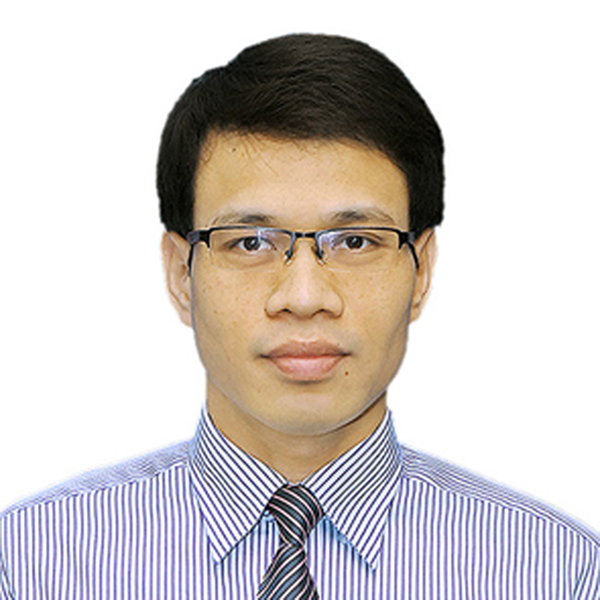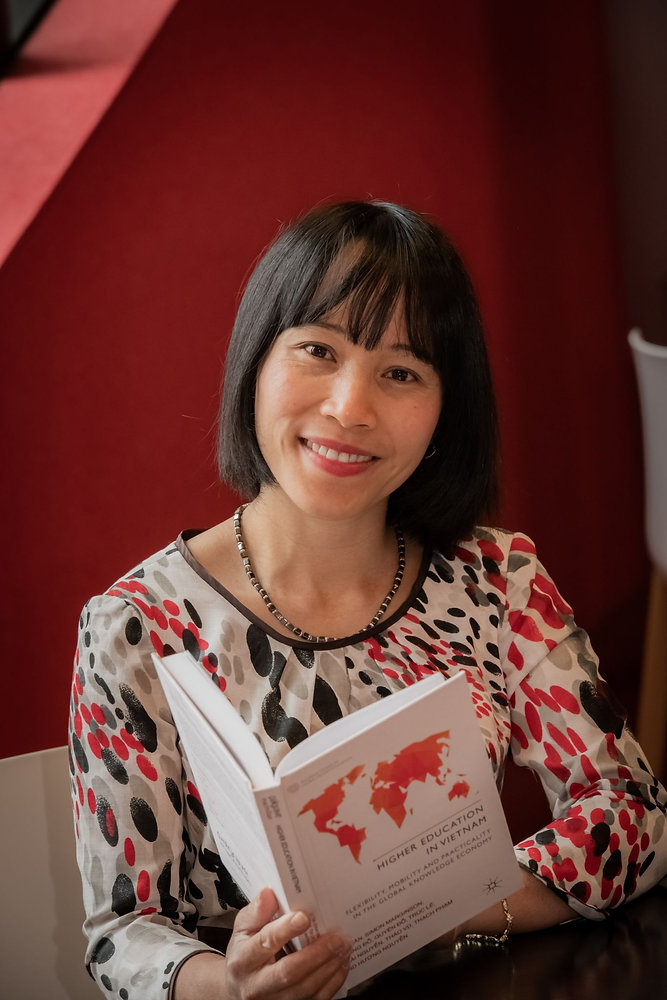Transnational Education
Transnational education as the movement of academic programs and providers between countries has phenomenally grown over the last several decades. From a receiving country’s perspective, the benefits of this new delivery models of international education include providing increased access to international education and qualifications for local students, improving the quality of higher education provision, creating professional development opportunities for staff from home institutions and enhancing capacity enabling opportunities for the host nations.
In Vietnam, TNE has been high on the internationalisation of education agenda at both national and institutional levels. There have been more that 400 TNE courses with foreign partners from all over the world with almost 22,000 students studying these courses at 65 Vietnamese education providers. Vietnam as one of the top four TNE receiving countries is a strategic TNE market for Australia with more than 8,000 students studied Australian TNE courses in 2019. Vietnamese students choose TNE programs due to its international qualification, affordability, English language competence, perceptions of educational quality, and flexibility and fast-track delivery.
As TNE has become a mainstream component in higher education, various stakeholders are required to engage in TNE development and delivery. These include senior leaders (rectors, presidents, vice rectors, vice presidents), international officers, TNE managers, and academic staff who are positioned as key agents in driving, shaping, and developing TNE at their institution as part of HE internationalisation.
Despite the critical importance of TNE in the internationalisation of higher education, TNE practice in Vietnam is often ad-hoc and fragmented. Lacking leadership with commitment, capacity and expertise, lacking professional development and infrastructure needed to support leaders, academics and students are among the major drawbacks. Against this context, the need for more senior-level professionals with a contemporary knowledge of and hands-on experience in TNE beyond their traditional expertise has become critical.
This project has two overarching objectives: (1) Identifying the challenges encountering academic and professionals in the TNE space, their current practice and learning needs to adapt to the fast movement and changing environment of TNE; (2) supporting the improvement of TNE practice in the higher education sector in Vietnam by addressing the skills development gaps of TNHE leaders and professionals.
Supported by:




